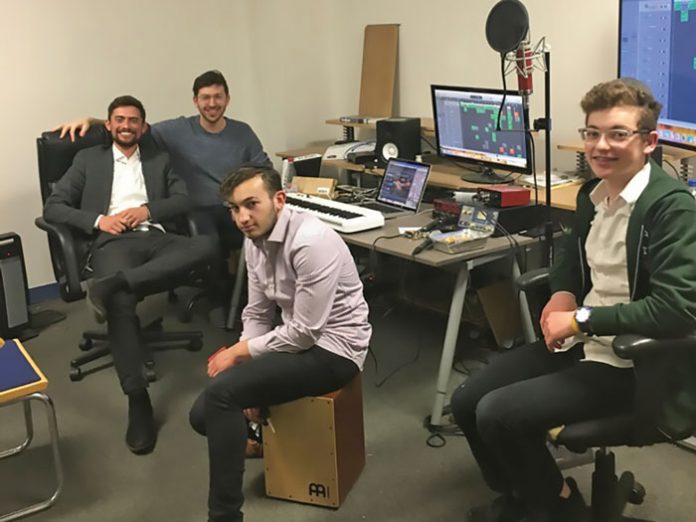“The Repressed Voice of Creativity,” an article by the therapist and artist Lisa Agaran, includes a description, paraphrased as follows, of what happens when a person suppresses his or her creativity:
We are born with the innate drive to pursue creative inclinations. To be creative is to be human.
What happens when a person doesn’t pay attention to that instinct to freely convey one’s creativity? What happens if a person buries such needs under the fear of disappointing others, or under the expectations of society or family? Then the creative instinct may find unhealthy ways to express itself.
Creative energy turned inward and suppressed can manifest, for example, as depression.
If, on the other hand, a person honors that creative impulse within him and gives it the nurturing attention it deserves, he or she feels more alive, more “like himself,” and is empowered by the discovery—and appreciation for—his own uniqueness. In the act of making art, such individuals can find new meaning and purpose.
Through the creation of a visual image, a poem, a piece of music, they can reconnect with their authentic selves, who they sense they truly are.
The experience of making art can counteract the impact of depression, and serve as an antidote to a loss of self. As one’s genuine voice becomes louder, the voice of depression often grows fainter.
Chananya Begun and Shabtai Heller have a mission: to help young boys with a gift for music to channel their creative impulse through Young Talent Initiative, or YTI, the frum world’s first music and mentorship organization for the artistic children in our midst. Such children are often perceived as failures, initially by the adults in their lives, and then, tragically, by themselves, in an educational system which does not recognize, value, and encourage the cultivation of their G-d-given gifts. Feeling frowned upon, they behave accordingly.
YTI’s goal is not, G-d forbid, to replace yeshivah, but rather to serve as a program alongside, a place where bachurim learn how to use their inborn artistic abilities constructively, and to develop authentic self-confidence in the process.
And in what appears to be the hoped-for outcome of their growth in self-expression, they’ve begun to shteig at the same time in their learning, as their strengthened self-esteem naturally impacts upon all the aspects of their lives.
Chananya’s dream is to provide a haven for those whose gifts lie in other areas as well, in the multifaceted visual and literary arts. “So many of our boys aren’t shteiging because they’ve been allowed to feel stupid or inadequate. When that downhill curve begins, there are tragic repercussions, for them and for all of us.
“We see how much the boys in our program crave the creative outlets we’re providing. We want to make sure that all our children enjoy the meaningful happiness of becoming all they’re meant to be, and of achieving all they’re meant to achieve.
“It all began one night nine years ago,” Chananya told Ami on a recent day in Lakewood. “I was at a simchah when Rabbi A.Y. Weinberg, executive director of Project Extreme and known as one of the experts in helping teens-at-risk, came over to me with a warm shalom aleichim. ‘You’re probably a music guy,’ he said. ‘So maybe you’re the one who can do something. There are kids who need help, which I think you can give. I would say that not 50 percent…not 60 percent…but probably 100% of the kids in my drug rehab program, every one of them from frum homes, are highly creative and talented in some area. But we don’t know how to channel their gifts. We’re not enabling these kids to reach their maximum potential. And it’s destroying them. The frum world needs a creative arts program, or this will just continue in the future. Can you start something? Please. Form some type of group to help them? I’d say you could start out as a program for the teenagers who are musical, and iy”H eventually expand to reach others.’





















